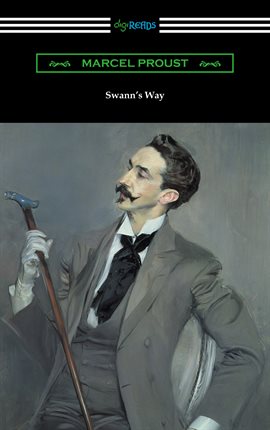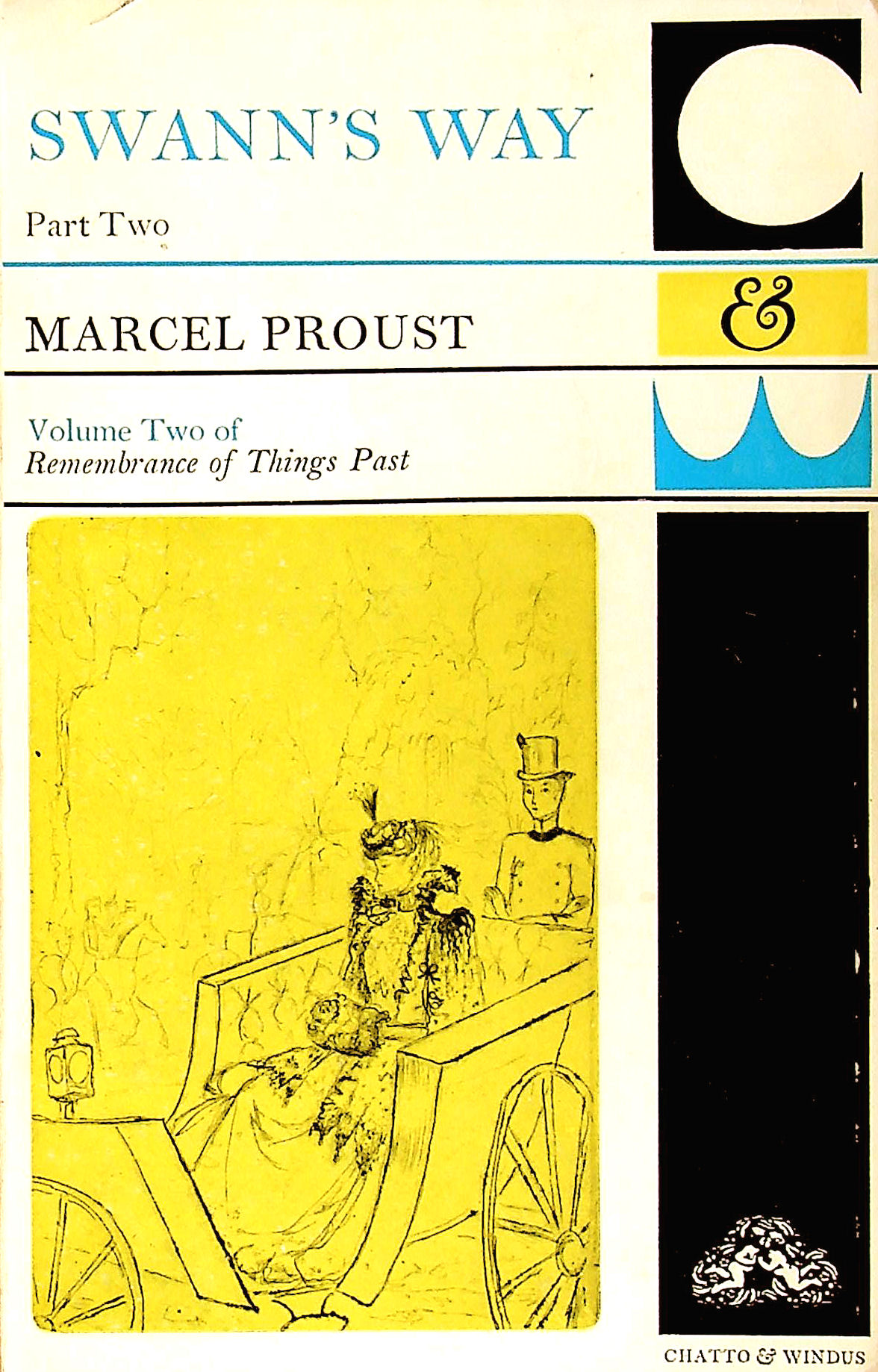

The novel then takes a further step backwards to tell the story of Swann’s infatuation with the courtesan Odette. A child’s world, and the world of adults the child struggles to imagine, spread out before us, while Proust’s pages teem with incident and puzzlement, pathos and humor.

Suddenly, he is back in the past, seized by memories of childhood: his clinging attachment to his mother, his dread of his father, summers in the country and the two walks his family was in the habit of taking-one by an aristocratic estate, the other by the house of a certain Charles Swann, to whom a mystery was attached.

We first encounter Proust’s narrator in middle age, consumed with regret for his misspent life. The work was published in France between 19.Swann’s Way, the first of the seven volumes that constitute Marcel Proust’s lifework, In Search of Lost Time, introduces the larger themes of the whole work while standing on its own as a brilliant evocation of childhood, hopeless love, and the French Belle Époque. The last three of the seven volumes contain oversights and fragmentary or unpolished passages as they existed in draft form at the death of the author the publication of these parts was overseen by his brother Robert. Proust established the structure early on, but even after volumes were initially finished he kept adding new material and edited one volume after another for publication. Proust continued to work on it until his final illness in the autumn of 1922 forced him to break off. Enright adopted it for his revised translation published in 1992. Scott Moncrieff and Terence Kilmartin as Remembrance of Things Past, but the title In Search of Lost Time, a literal rendering of the French, has gained usage since D. His most prominent work, it is known both for its length and its theme of involuntary memory, the most famous example being the "episode of the madeleine." It gained fame in English in translations by C. In Search of Lost Time In Search of Lost Time -also translated as Remembrance of Things Past-is a novel in seven volumes by Marcel Proust.


 0 kommentar(er)
0 kommentar(er)
